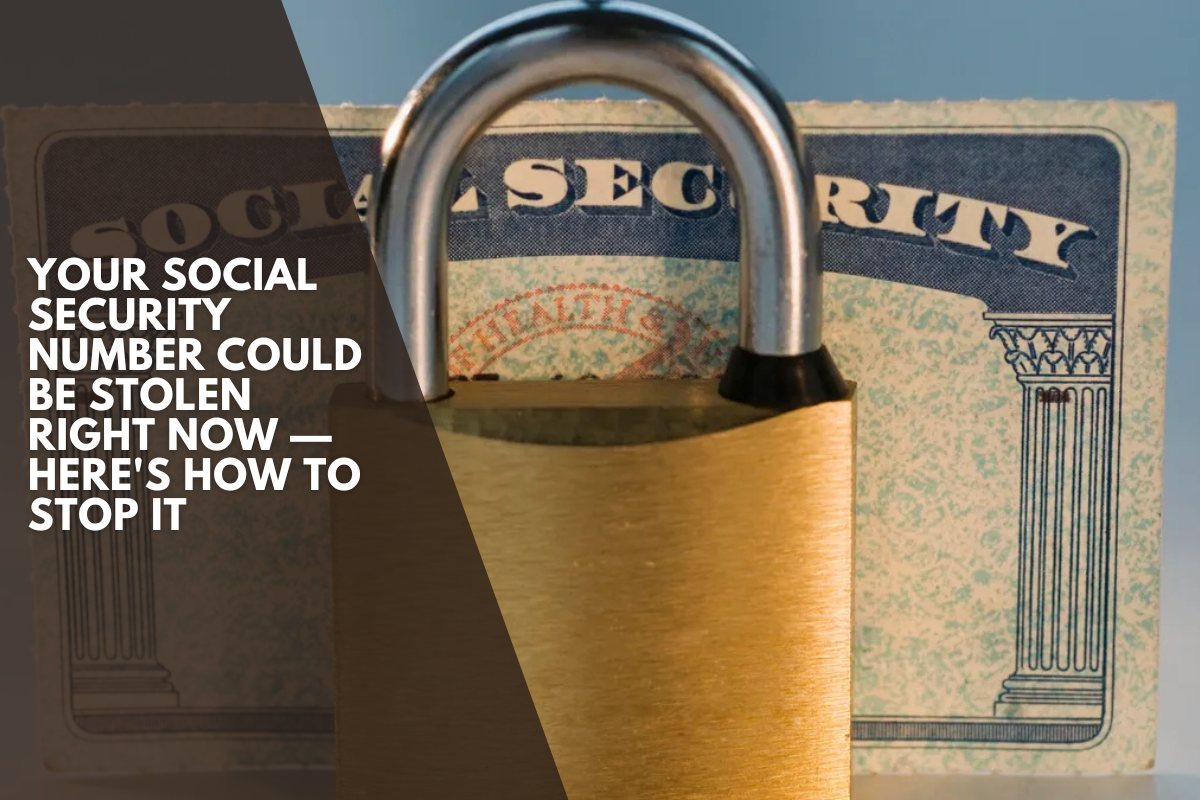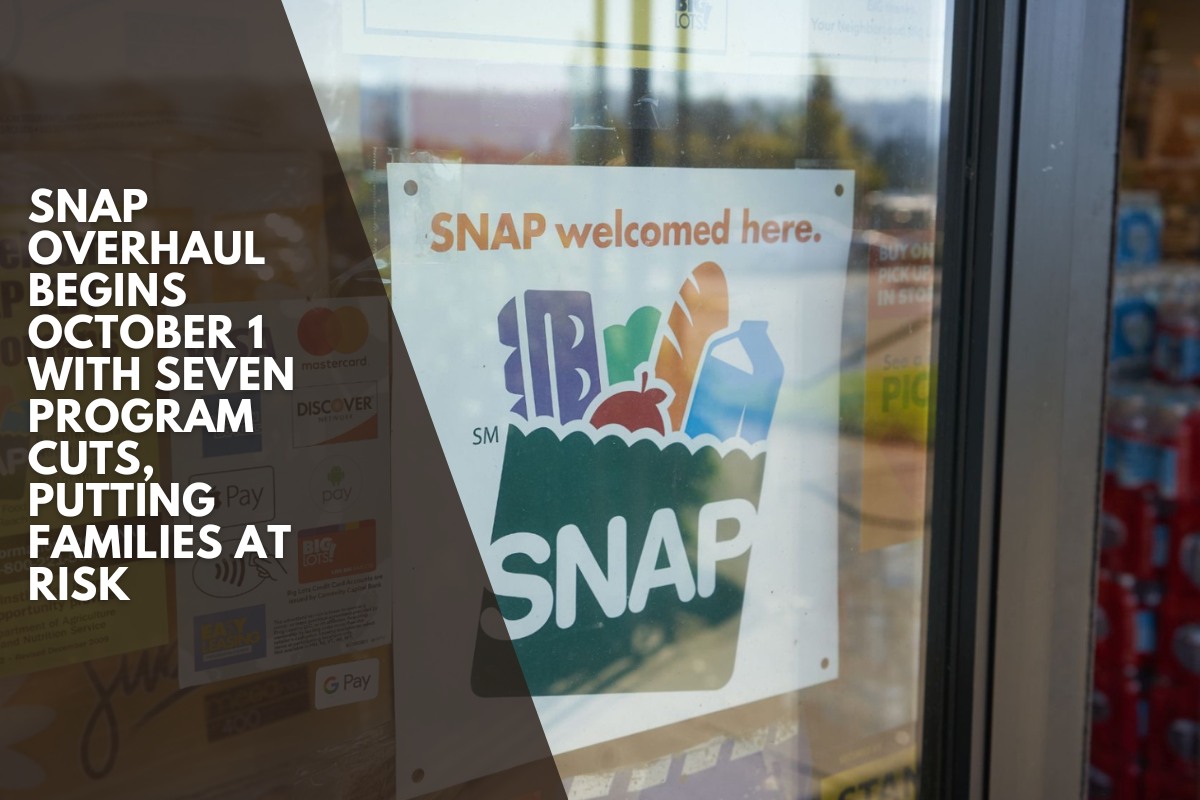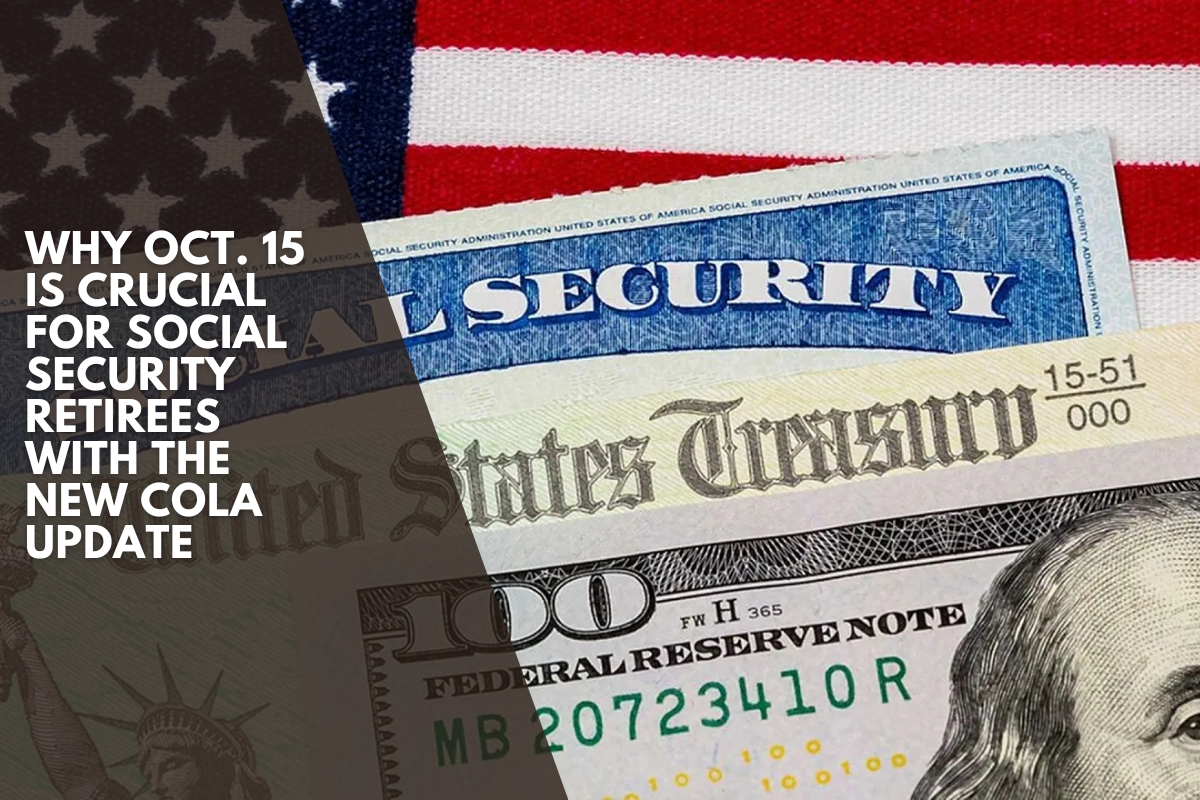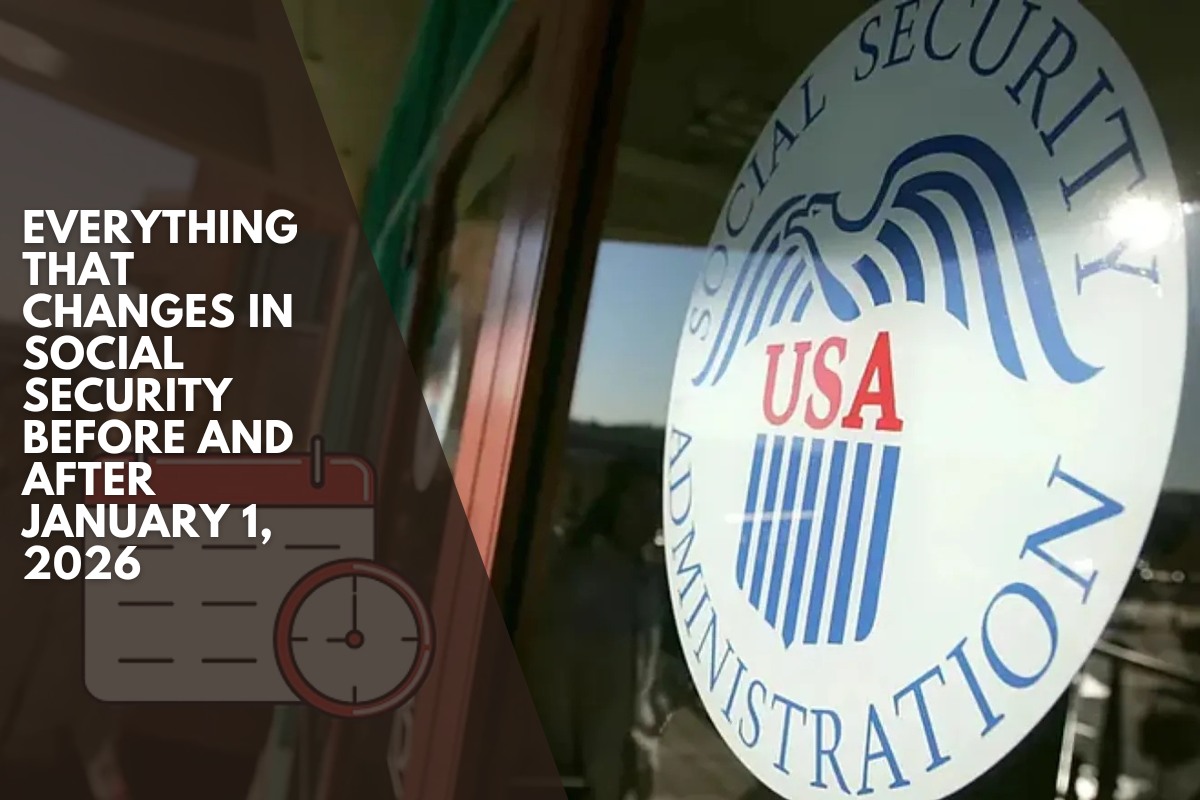Your Social Security number is at the center of your financial life. Employers use it, lenders verify it, and scammers attempt to steal it because a single nine-digit ID can provide access to jobs, credit, taxes, and health benefits. With major breaches in the news and millions of records compromised, treating your SSN like a password you never share is insufficient.
You can pay for monitoring, but you have a more powerful, free line of defense: Lock down your Social Security number and pair it with a credit freeze.
Blocking electronic access to your number makes it much more difficult for criminals to pass employment checks or open accounts in your name, and a freeze prevents new credit from being issued even if someone has your information. If you want an extra layer of security, you can use an identity protection service.
It adds a little friction to your life, but if you’ve experienced identity theft or had your information compromised, that extra barrier can help you avoid serious consequences.
How to lock your Social Security number
There are two ways to block access to your Social Security number.
Call the Social Security Administration
You can reach the Social Security Administration at 1-800-772-1213 from 8 a.m. to 7 p.m. local time, Monday through Friday. Wait times are typically shorter in the morning and late in the week. Once you confirm your identity, the SSA will use its magic wand to prevent electronic access to your SSN.
Create an E-Verify account
You can also use the MyE-Verify online account to lock your SSN and access the service’s self-lock feature. The lock will last a year. However, you will be notified 30 days before it expires, and you can extend the lock if you wish.
This resource is useful because many employers use E-Verify, a service administered by the Social Security Administration and the United States Citizenship and Immigration Services, to determine your employment eligibility.
When you lock your Social Security number, a company that wants to verify your SSN will be unable to do so, preventing criminals from committing fraud. This option is also useful if you don’t want to pick up the phone each time you need to unlock your SSN.
The downside of locking your SSN
The main disadvantage of locking your SSN will sound familiar to anyone with a credit freeze. When you block access to your SSN records, you limit your own access to them. This means you’ll have to go through the trouble of unlocking it whenever you need a new employer to confirm your eligibility to work in the United States or want to receive government benefits.
Individuals who have been victims of employment identity theft and tax fraud may find this exchange worthwhile. You can create an identity protection pin with the IRS to prevent someone from filing a tax return using your SSN or individual taxpayer identification number.
What’s the difference between locking your SSN and a credit freeze?
A credit freeze differs from a social security number lock, but both are free. One prevents online access to your Social Security record, whereas a credit freeze limits access to your credit report. To initiate a credit freeze, you must contact all three major credit bureaus (Experian, Equifax, and TransUnion) to prevent anyone from opening credit accounts in your name.
Will locking my SSN protect me from identity theft?
The answer here is rather unsatisfactory: It might. Locking your Social Security number can help you avoid employment identity theft and stop a criminal from collecting government benefits in your name.
However, it will not prevent all types of identity theft. As an extra precaution, you should only share your Social Security number when absolutely necessary, never during an unprompted call or text message.
You should also keep an eye on your financial accounts and credit reports for any unusual activity. If you’d rather have a service do it for you, you can sign up for a credit monitoring or identity theft protection service.
You can often sign up for credit monitoring to keep an eye on your credit reports. ID theft protection frequently includes credit monitoring, dark web monitoring, and alerts if your information is compromised in a data breach. If your identity has been compromised, identity theft protection can help you recover it using white glove restoration services.
For extra security, you can freeze your credit with Experian, TransUnion and Equifax to prevent identity thieves from opening new lines of credit in your name, like a mortgage or a car loan. I did this recently and found the process surprisingly easy.












